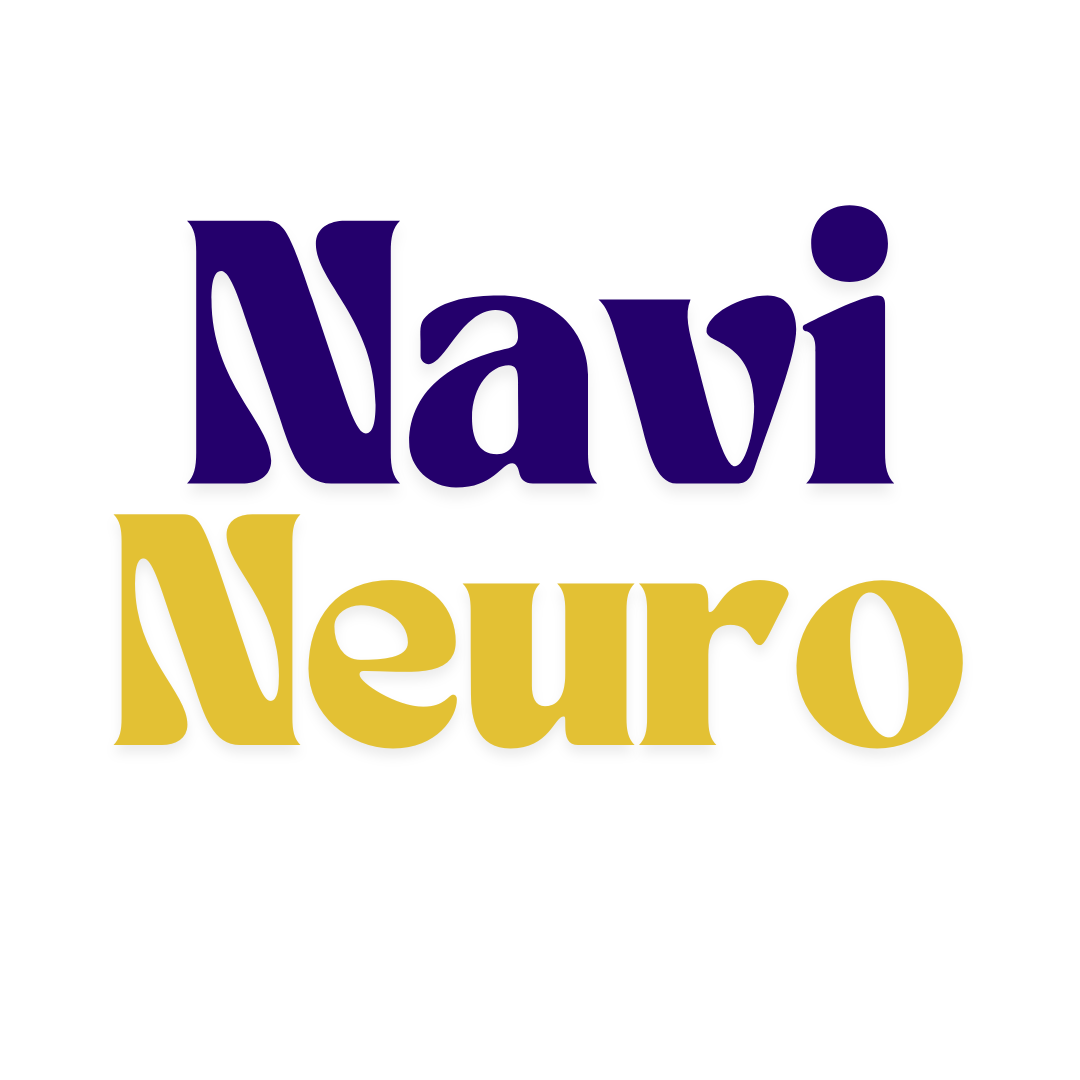Discover the Latest Neurological Studies and Research
Discover trusted providers dedicated to improving the quality of life for individuals affected by neurological conditions today.
We conducted a comprehensive review of 25 review papers published between 2020 and 2024 on machine learning and deep learning applications in brain stroke diagnosis, focusing on classification, segmentation, and object detection.
Recent trial lasting 6 months in patients with first-ever ischemic stroke showed that citicoline prevented cognitive decline after stroke with significant improvement of temporal orientation, attention, and executive function.
The treatment of modifiable vascular risk factors - hypertension, diabetes mellitus, hypercholesterolemia and heart disease - is an important strategy for the reduction of the risk of dementia, and is likely to slow the progress of cognitive decline.
Through machine learning and Deep Learning, information from imaging data can be used more effectively. In this review, we discuss recent advances in neuroimaging, machine learning, and Deep Learning in the rehabilitation of ischemic stroke.
As information continues to accumulate about the pattern of performance on standard laboratory memory tests and the implications of these data before and after anterior temporal lobectomy for the treatment of TLE.
Due to very good results of preclinical studies, flavonoids are a promising candidate for epilepsy related clinical trials related. The article is an overview of literature reports from the past 10 years including mainly in vivo preclinical research on various models of experimental epilepsy with the use of selected flavonoids.
Levetiracetam and lamotrigine may be well tolerated treatment options and seizure freedom is achieved in at least a similar proportion of patients as in other epilepsies. Furthermore, new animal models such as photothrombotic stroke gives hope of a more clear understanding of PSE epileptogenesis in the near future.
Estimation of the economic burden of epilepsy is of pivotal relevance to enable a rational distribution of healthcare resources. This is especially so with the introduction of the newer antiepileptic drugs (AEDs), the marketing of vagal-nerve stimulators and the resurgence of new surgical treatment options.
Latest advances in epilepsy surgery
Recent advances in epilepsy surgery are a result of improved methods of assessment and diagnosis, a better understanding of seizures, the possibility of surgery at a younger age and the development of new surgical techniques.
T1-weighted MR imaging is known for its relatively increased sensitivity to assess soft-tissue properties in epileptogenic lesions [11, 12]. Hippocampal volume loss, signal changes, and loss of internal architecture are hallmarks of medial temporal lobe sclerosis associated with temporal lobe epilepsy (TLE) [13, 14, 15].
This study evaluated the efficacy of gastrodin in combination with folate (FOL) and vitamin-B12 (V-B12) on patients with epilepsy after stroke (EAS) and its effect on high-mobility group protein B1 (HMGB-1), interleukin-1 (IL-1), and IL-6 serum levels.
Nimodipine can be of some benefit in the treatment of patients with features of dementia due to unclassified disease or to Alzheimer's disease, cerebrovascular disease, or mixed Alzheimer's and cerebrovascular disease.
Cholinesterase inhibitors and memantine produce small benefits in cognition of uncertain clinical significance in patients with mild to moderate vascular dementia. Data are insufficient to support widespread use of these drugs in vascular dementia.
Emerging therapies for vascular dementia and vascular cognitive impairment
From a public health viewpoint, recognition of VCI before the development of dementia and correction of vascular burden on the brain may lead to a global decrease of incident dementia.
About Navi Neuro - born from a personal need
The idea for Navi Neuro was born out of personal necessity and professional passion. As a caregiver for a family member who suffers from TBI, stroke and acquired epilepsy, I encountered firsthand the fragmented nature of post-acute neurological care.
The transition from hospital to home was fraught with challenges, including finding appropriate healthcare providers, managing medications, and coordinating rehabilitation services. Discussions with other caregivers and patients revealed a common struggle:
the lack of an integrated solution to navigate these complexities effectively.
The transition from hospital to home was fraught with challenges, including finding appropriate healthcare providers, managing medications, and coordinating rehabilitation services. Discussions with other caregivers and patients revealed a common struggle:
the lack of an integrated solution to navigate these complexities effectively.

- Caregiver SupportTailored support programs for caregivers on: lifestyle adjustments; medication management; relationship with providers; and newest research and treatments.
- Care NavigationBrowse a collection of top neurology centers, neurorehabilitation providers, neurological studies and research. Receive tailored
recommendations. - Remote Patient MonitoringAllows continuous monitoring of rehabilitation, regular reviews, changes, and adjustments to the care plan to reflect changes in the patient’s condition.
- Concierge ServicesTimely access, 24/7 on-call neurologists ready to provide telemedicine consultations, group chat or in-person interventions.
Start your journey to better health today with Navi Neuro
Leave your name and phone number below and we will contact you within five minutes
Thoughts on our blog
Here we share insights, stories, and expert advice on navigating post-acute neurological care. From the latest in brain health technology to tips for caregivers, our blog is your go-to resource for staying informed and supported on your journey.
Navigating Neuro Recovery: Tips and Insights
Get practical advice and expert tips on managing the journey from hospital to home for neurological patients. Learn how to navigate complex care plans, access essential resources, and support your loved ones through every stage of recovery.
Caregiver Corner: Stories, Support, and Strategies
Caregiving can be challenging, but you're not alone. In Caregiver Corner, we share real-life stories, emotional support, and effective strategies to help you manage the daily demands of caring for someone with a neurological condition.
Brain Health Innovations: The Future of Neuro Care
Stay updated on the latest advancements in brain health and neurotechnology. Discover how cutting-edge tools and research are transforming the care landscape for patients with stroke, TBI, dementia, and other neurological conditions.





